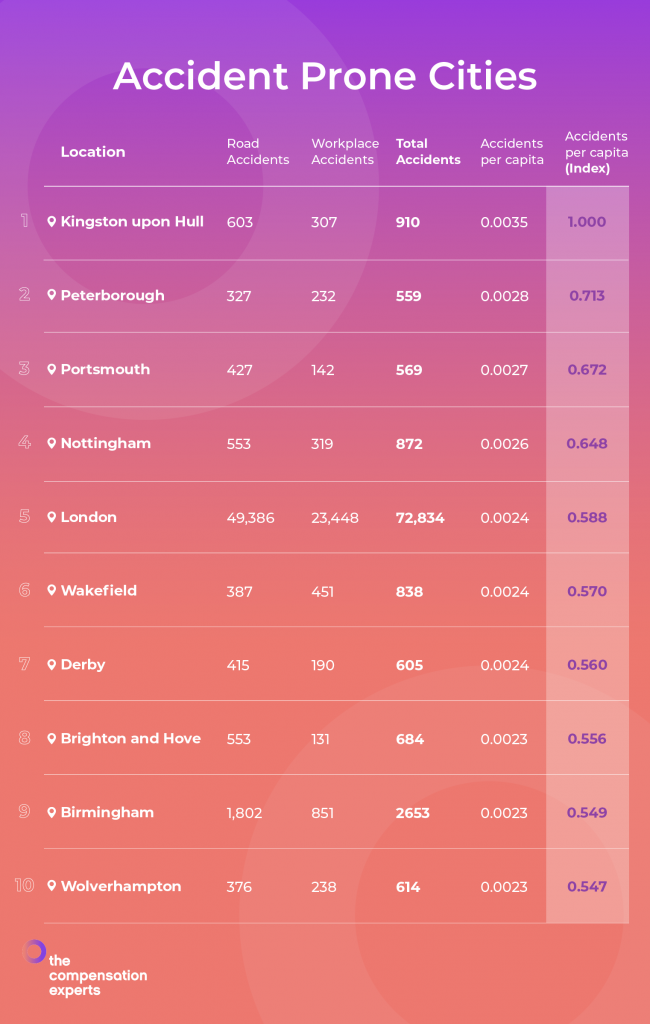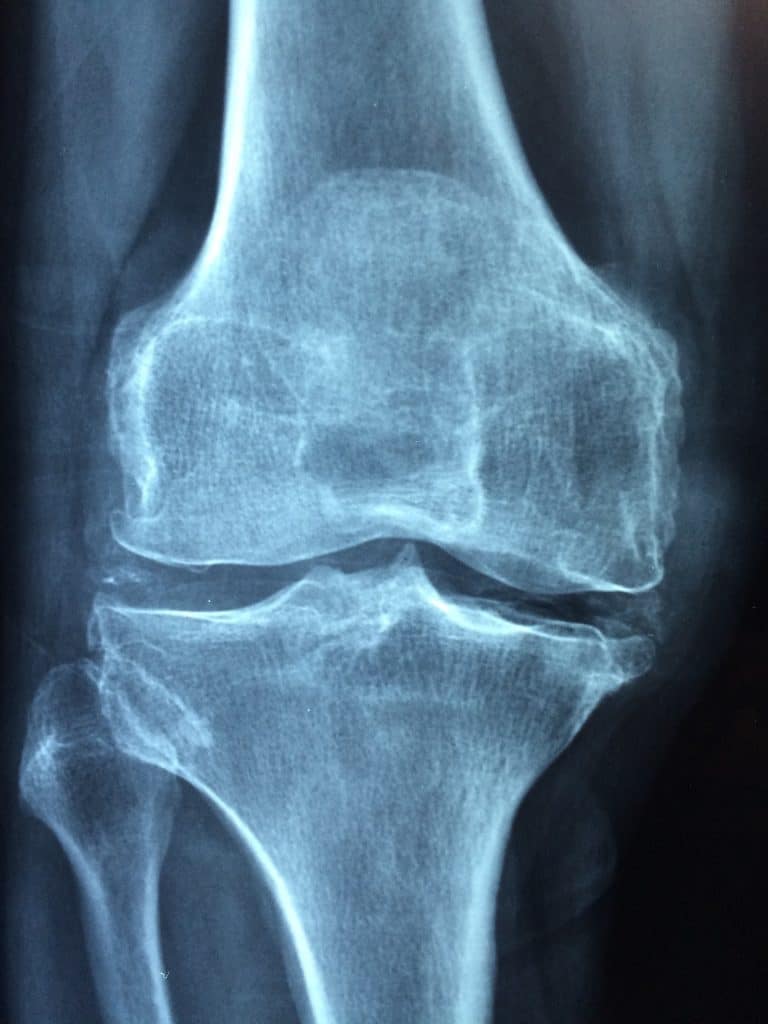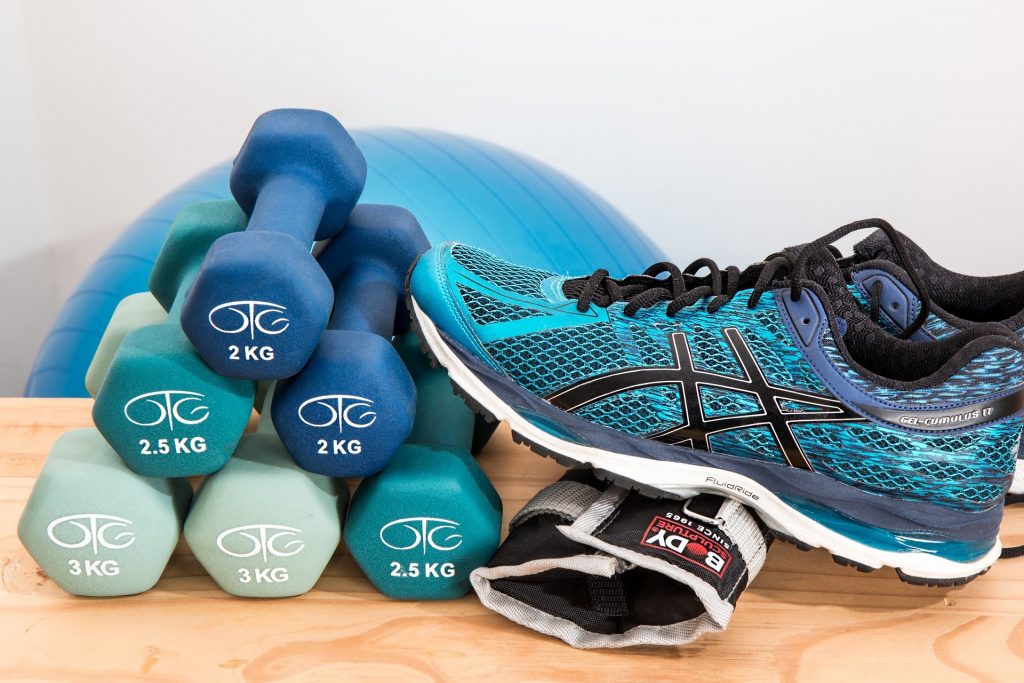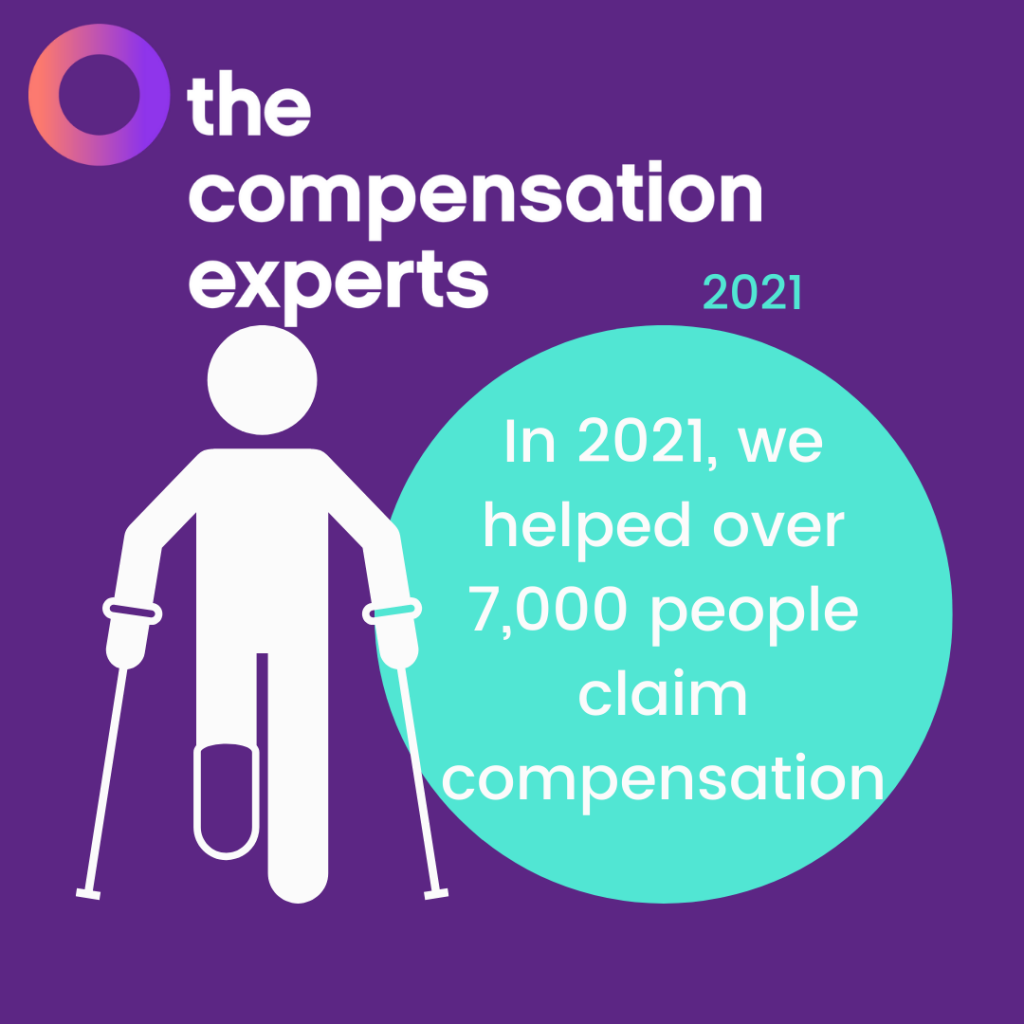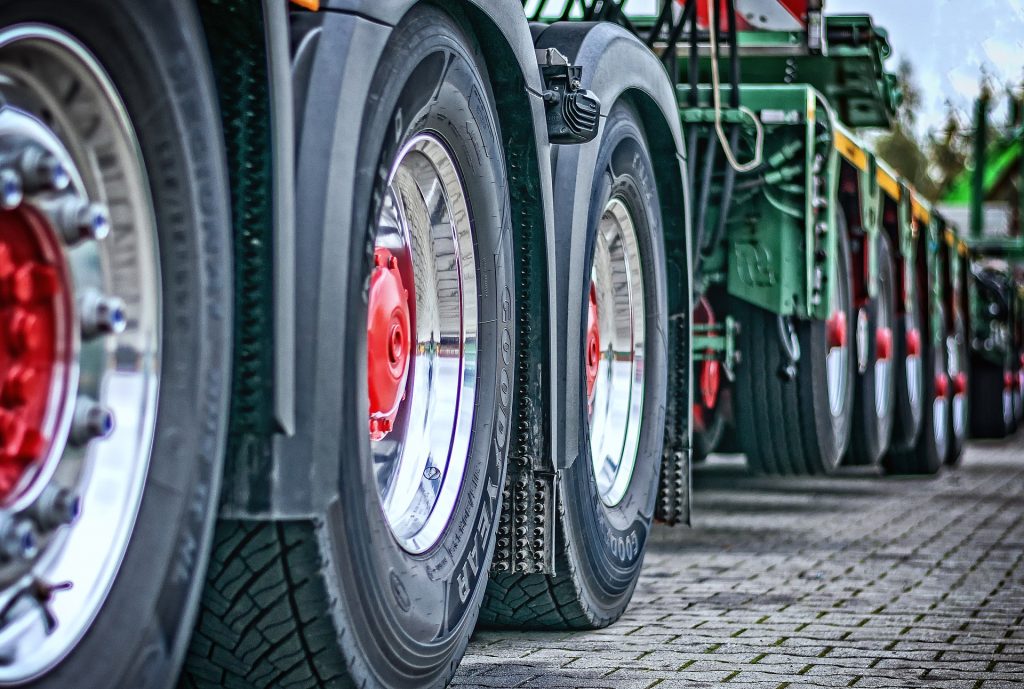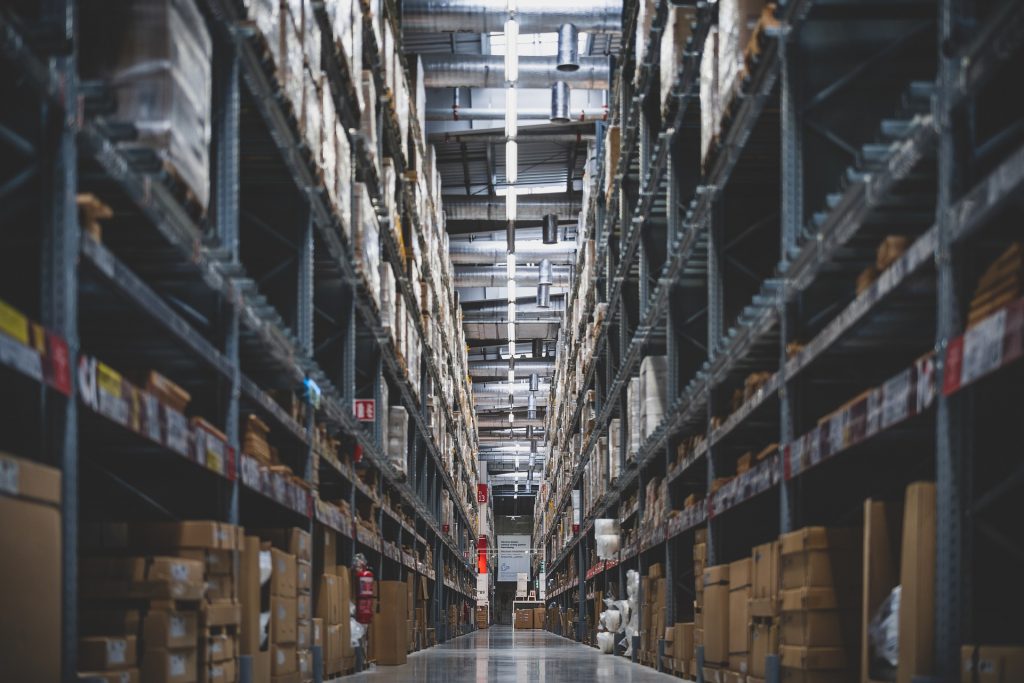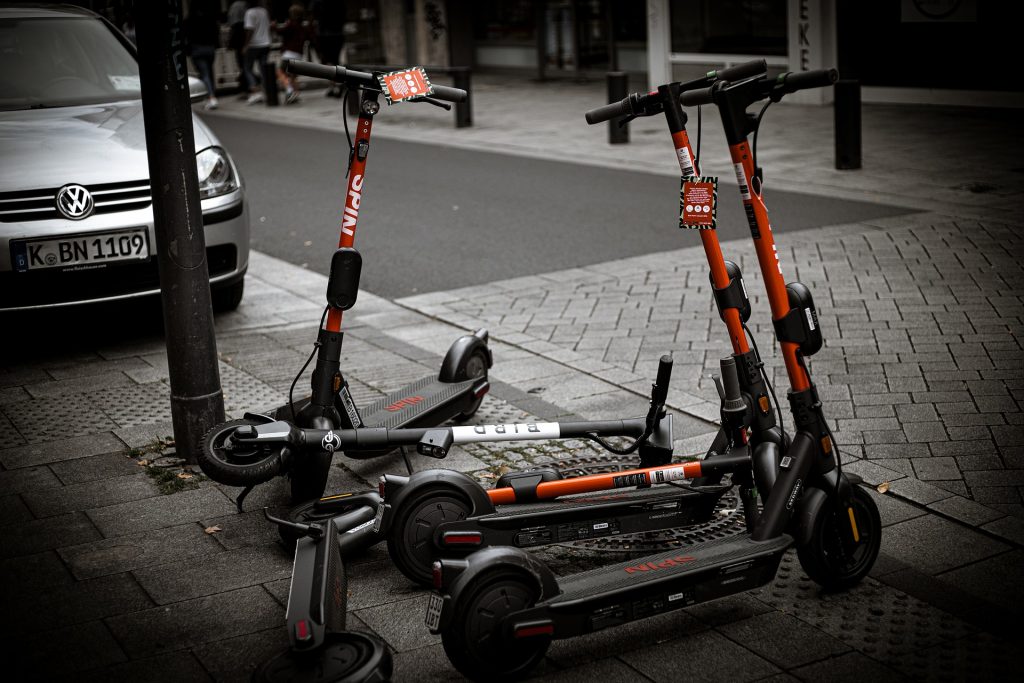The UK might be one of the safest places to live and work in the world, but that doesn’t mean we’re not still accident-prone. Using data gathered by The Office of National Statistics (ONS), we’re breaking down the top 10 most accident-prone cities in the UK based on accidents and population.
While for many of us last year and the year before was an incredibly quiet year, sometimes, accidents are entirely unavoidable. Based on data collected by The Health and Safety Executive, even in 2020, at least 400,000 people suffered an injury due to a workplace accident.
In fact, 10% of all UK accidents that year involved being struck by a moving object, making it the third most common accident type in the country behind trips, slips, and falls, and manual handling injuries.
Read on to find out which cities are the most accident-prone.
1. Kingston upon Hull
Though it was the UK’s city of culture back in 2017, it’s clear Hull still needs some work done to its roads. There were 603 reported-road traffic accidents in 2020. Combined with the 307 workplace accidents they reported, that makes for a total accident count of 910.
This might not seem like much, especially compared to some of the UK’s most populated cities, but with a population of 259,126, this puts Hull’s accidents per capita at 0.0035 – the highest across the country.
2. Peterborough
One of the more populous commuter cities in the UK, perhaps it shouldn’t come as a surprise that Peterborough takes the number two spot for accidents per person. Sitting at a comfortable population of 202626, Peterborough saw 327 road accidents and 232 workplace accidents in 2020.
While a marked step down from the number of accidents seen in Hull, Peterborough’s lower population actually increases its accidents per capita to 0.0028, making it a bit of an accident hotspot.
3. Portsmouth
Being a port town, Portsmouth sees a lot of traffic on a daily basis, but even the extensive safety protocols taken to avoid accidents in this setting couldn’t stop Portsmouth from seeing 427 road traffic accidents and 142 workplace accidents throughout 2020.
These 569 accidents give Portsmouth an accident per capita rate of 0.0027, putting it just below Peterborough but certainly showing that a little more care and attention is needed in this city.
4. Nottingham
While Robin Hood certainly had no shortage of danger in his line of work, it’s doubtful he ever had to deal with busy roads and traffic accidents. ONS data shows that Nottingham is the fourth most accident-prone UK city.
Nottingham suffered 553 accidents on the road and 319 overall workplace accidents across 2020, putting its accident per capita at 0.0026 thanks to its population of 337098.
5. London
You might be forgiven for thinking that the UK capital would be top of ONS statistics given its massive population of 29,989,531 when you include Greater London. To put that into perspective, the population of Scotland is around 5.5 million. With a population this big, it’s no surprise that London sees a lot of accidents.
Incredibly, despite having 49,386 road traffic accidents and 23,448 workplace accidents in 2020, London’s enormous population means that its combined accident total of 72,834 only puts its accidents per capita at 0.0024, which is perhaps the most surprising statistic of all.
6. Wakefield
Leeds might not fall into the top 10, but its accident-prone neighbour certainly does. As a commuter city on the way to Leeds, Wakefield certainly sees its fair share of road accidents, with 387 recorded in 2020. That being said, Wakefield is the only accident-prone city in the top ten to see more workplace than traffic accidents, with 451 over the course of the year.
Despite being less well-known than many of the other places on the ONS’s list, Wakefield has a healthy population of 351,592, helping to place its 838 accidents at an accident per capita of around 0.0024, only just being beaten by London.
7. Derby
It might be somewhat out of the way, yet Derby still sees plenty of through traffic thanks to its cathedral, galleries, and the popular Download music festival that takes place yearly at the nearby Donnington Park. But even with these places closed for 2020, Derby managed to rack up 415 road accidents and 190 workplace accidents in 2020.
Derby is the third city in a row to find itself with a 0.0024 accident per capita rating, due in no small part to its relatively small population of 256,814.
8. Brighton and Hove
Better known to most of us as the popular seaside resort of Brighton, this much-loved tourist location saw 553 road traffic incidents in 2020 despite seeing reduced tourism. When adding this to its 131 workplace accidents, Brighton saw an accident total of 684.
All this leaves Brighton with 0.0023 accidents per capita, something it shares in common with our last two accident-prone cities.
9. Birmingham
The only other member of the UK’s largest cities to make the list, Birmingham’s 1,140,525 strong population had a surprisingly low total accident count when compared to the likes of London. Birmingham saw 2,653 total accidents in 2020, 1,802 road accidents and 851 workplace accidents respectively.
This leaves Birmingham’s accidents per capita drawing with Brighton at 0.0023, which isn’t too bad for a city with such a large population.
10. Wolverhampton
Last on the ONS’s list is the populous Northern city of Wolverhampton. Wolverhampton shares its accidents per capita with Brighton and Birmingham at a respectable 0.0023.
It might have a population of 264,407, but between them, they only saw 376 road traffic incidents and 238 workplace accidents for a total accident count of 614.
Did your city make the list? Did you suffer a road traffic or workplace accident in one of these cities in 2021 and are yet to make a claim? If so, then you should get in touch with The Compensation Experts.
If you’ve suffered an accident due to someone else’s negligence in the last 3 years, then you’re entitled to compensation. Here at The Compensation Experts, we work with expert solicitors in all fields of personal injury. We’re here to make sure you get the compensation you deserve. Speak with our experienced team today and we’ll start the claims process at a pace that suits you.



